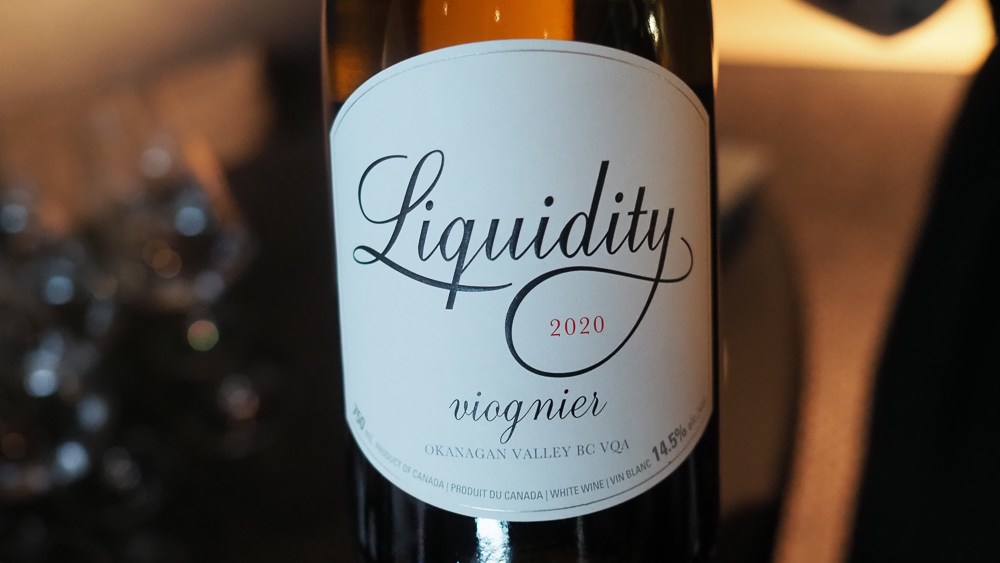Nothing has taught me as much about life, faith, and relationships as being a parent has. Each morning I am awoken by the chatter of one of my two little girls, inches from my face, telling me about her dreams from last night, her big plans for the day, or some request involving candy, snacks, and TV. I’m often barely awake when I’m lead out of our room, past stuffed animals, over stray socks, and into the start of our day.
Parenting is no picture of perfection. There’s a pile of cardboard she likes to collect in her room, the strong floral smell of some body spray she found and over-used, and little toys tucked under pillows, “treasures for later, you silly daddy.” While sticky spots on the sofa are not a welcomed discovery, there is something beautiful and charming about sharing a home with little girls.
I heard a mother say that every time she picks up toys or does another load of laundry, she is reminded that her home is alive, her kids are healthy, and goodness surrounds her. It is a perspective that celebrates beautiful things that do not look so lovely at first glance. It sees hope and takes delight in the natural rhythms of family life.
The Japanese have a term for everything that is beautiful, but imperfect. They call it wabi sabi. Leonard Koren defines it like this, “Wabi sabi is the beauty of things imperfect, impermanent, and incomplete, the antithesis of our classical Western notion of beauty as something perfect, enduring, and monumental.” Wabi sabi is the opposite of everything perfect, manicured and slick. It is a term for beauty found in the melting snow, the silly songs of a child, the aging deck furniture, and the flower pushing up through the sidewalk.
Wabi sabi is a term to describe how something is loved. An old wooden hair brush that belonged to your grandmother is not new or flashy, but the Japanese may describe it as having a kind of wabi sabi beauty, it is worn down by real hands and it is loved because it carries a memory of someone near and dear.
Relationships can also be viewed through this wabi sabi lens. We love our spouse or friend not because they are put together or perfect. We see them as unique, growing, unfinished, and each wrinkle or imperfection reveals a deeper beauty and invitation to participate in life.
Wabi sabi may be a way to see goodness in your neighbourhood. There may be simple and uncelebrated places in your community that hold a kind of imperfect beauty. People who live on your street might be appreciated not for their perfection, but for their inherent and unique value.
In between these pandemic moments, be on the lookout for the beauty found in the imperfect, impermanent, and incomplete – may you be surprised.









